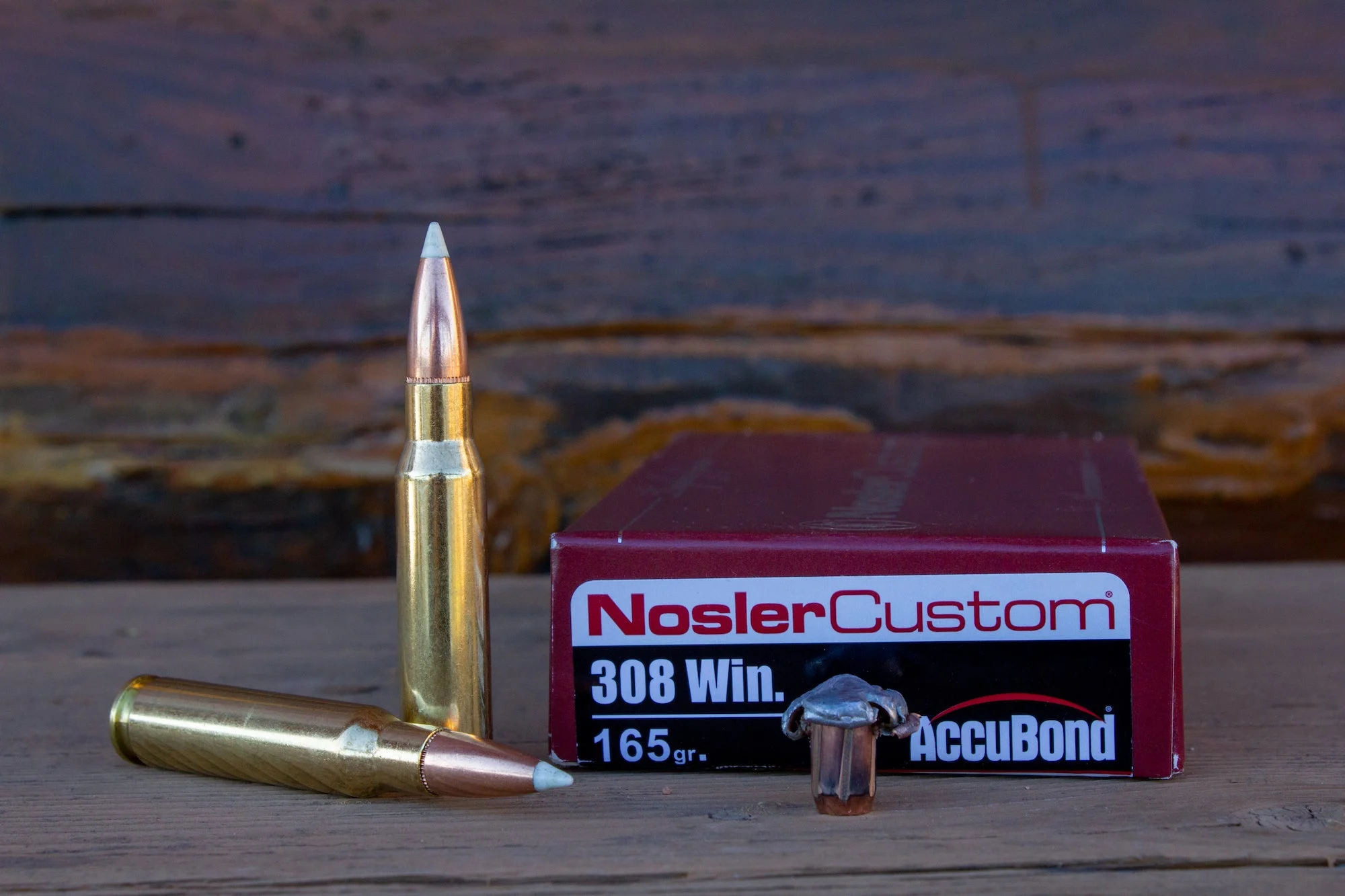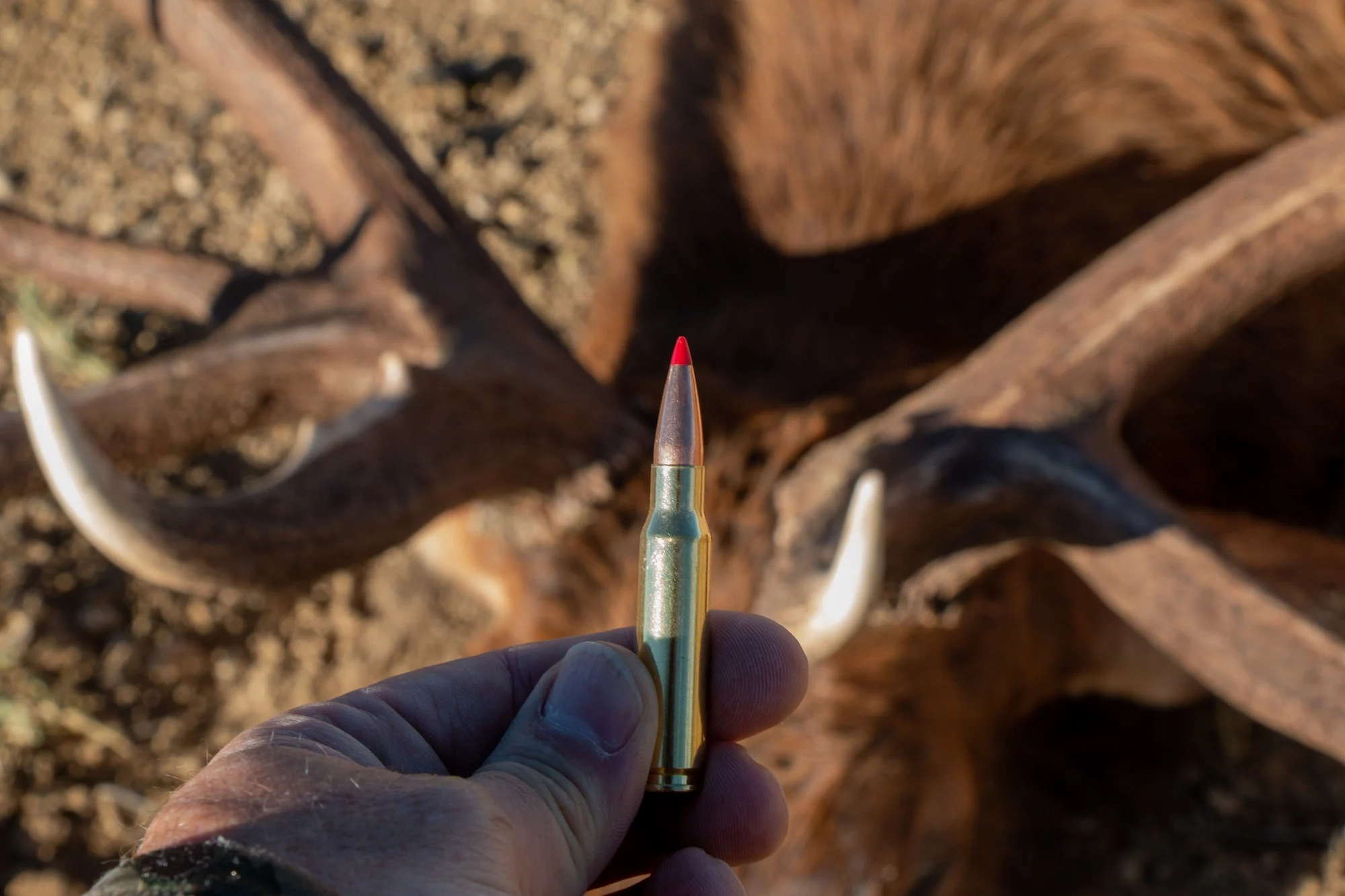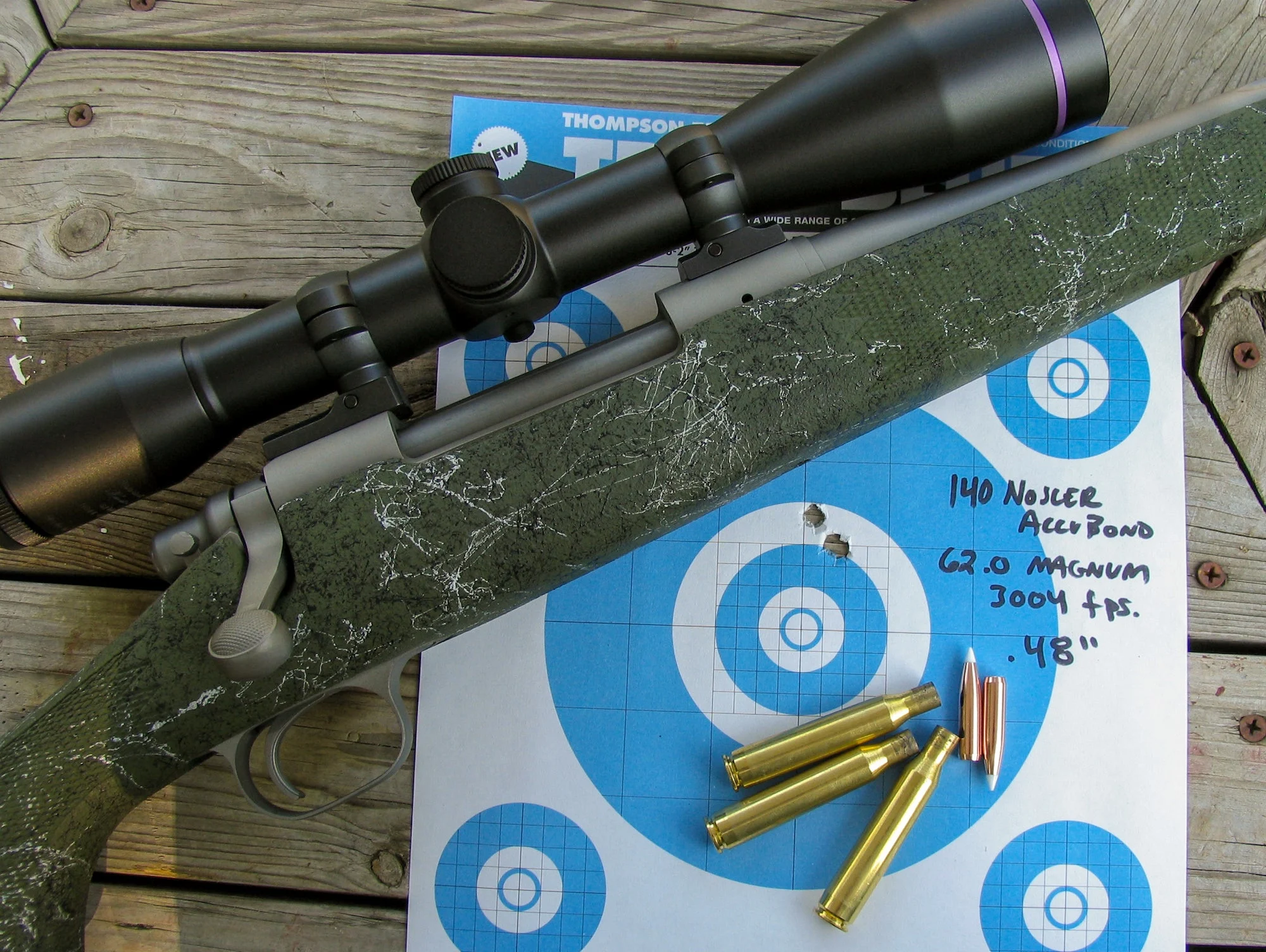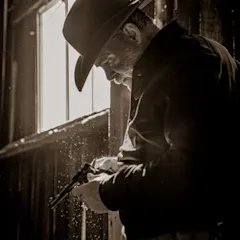We may earn revenue from the products available on this page and participate in affiliate programs. Learn more ›
My first centerfire rifle was a 270 Winchester. It’s the first rifle I learned to handload for and a rifle I shot a lot of deer with. Oddly, as much as I liked the rifle—and as good as the 270 is—I never developed any sort of emotional attachment to the cartridge. I think this was partly because of its popularity, but also partly because Jack O’Connor made it that way. (I was never a big fan of O’Connor.) I’ve also never been fond of the 308 Winchester, at least not as much as I am of other cartridges like the .223 and .35 Remington. However, by virtue of my vocation and my interest in scout rifles, I have a lot of experience with the 308, too. When it comes to the 270 vs 308, Neither touch my soul or tug on my heartstrings, but they work, and I trust them. When we pit these two cartridges against each other, though, there can only be one winner—so let’s get into it.
The 270 Winchester

For general big game hunting the 270 Winchester is a fantastic option, especially at longer ranges. Richard Mann
This cartridge burst on the scene in 1925 as an offering for Winchester’s new model 54 bolt action rifle. It became popular, quickly, because it shot flatter than the 30/06, recoiled less, and killed critters just as dead. As far as I’m concerned, the 270 Winchester is the best thing the 30/06 has ever given us. (The 270 was based on a 30/06 case.) The Winchester is not the fastest .277-caliber (true 7mm) cartridge available, but it is the most popular. With modern projectiles, it’s best off with a 130- or 140-grain bullet at around 3000 fps. That’ll do for deer, elk, or moose—I shot my first moose with a 270—and most Americans will never shoot a critter larger than those. There are plenty of factory loads available for it, and its only detractor is that it requires a long action.
The 308 Winchester

With factory ammo the 308 Winchester has the advantage with a wider selection of more diverse munitions than the 270 Winchester. Richard Mann
At one time it was thought that a 150-grain .30-caliber bullet was all that was needed for big game hunting. Why? Because that was the original loading for the .30/06 Springfield. Introduced in 1952 for Winchester’s model 70, their groovy model 88 lever action, and their semi-automatic model 100 rifles, the 308 Winchester became dizzyingly popular in short order. Though, some assumed it could not compete in terms of power when compared to the 270 and 30/06. And the truth is, it can’t, at least on paper. However, unlike humans, animals cannot appreciate the difference in 50 to 150 foot-pounds of kinetic energy. The 308 Winchester offers an extremely balanced relationship of power and recoil. It also provides a flat enough trajectory to take you out to 300 yards and a little beyond without twisting turrets or fancy reticles. If it has a detractor, I’m not aware of it.
270 vs 308
So how do these two cartridges stack up or against each other? There are many ways to compare them. We’ll look at the availability of factory ammo, because most hunters do not handload. We’ll also look at killing ability based on experience with these cartridges in the field. We’ll consider precision, which is always important because when hunting, shot placement matters most. And finally, because hunters have been trying to extend the effective range of their rifles since the first rifle went afield, we’ll look at how these cartridges perform at distance, too.
270 vs 308: Ammo Availability
Next to the 223 Remington the 308 Winchester is the most popular centerfire rifle cartridge, worldwide. Because of this, and the variety of animals you can hunt with the 308, there are more factory loads available for it than any other. Similarly, the factory loads are more diverse in application and price than with any other rifle cartridge. There are about three times as many factory loads for the 308 Winchester as there are for the 270 Winchester. Here the 308 Winchester has a clear advantage.
270 vs 308: Killing Ability

The 308 Winchester is suitable for all non-dangerous game, worldwide. Richard Mann
I don’t know how you effectively measure this. Some consider kinetic energy the best measure and others think bullet weight or caliber is a better indicator. What I can do is speak from the experiences I’ve had shooting and witnessing a lot of animals shot with both cartridges. If there’s a difference, I’ve never been able to see it. And I’ll bet a box of the best ammo for either that you can’t look inside an elk or deer shot with a 270 or 308 and determine which cartridge killed which critter. The 308 Winchester will handle heavier bullets, but with today’s modern projectiles, the slower-moving, heavier bullets offer no real advantage over premium mid-weight projectiles. Advantage—neither it’s a tie.
270 vs 308: Accuracy/Precision
I’ve seen 270 Winchester rifles that would shoot lights-out, printing dime-sized groups at 100 yards. But I’ve seen 308 Winchester rifles that’ll do that at double the distance. The consensus is that the 308 Winchester is more inherently accurate than the 270. However, I believe that if a talented rifle builder crafts a rifle for either cartridge, and uses handloaded ammunition tuned to those rifles, you’d have a hard time finding a winner. Still, there’s a reason the 308 Winchester has had a stellar career in precision shooting. The combination of the shorter and stiffer actions it can use, combined with its great efficiency gives the 308 Winchester the edge. This is especially true with factory ammo and factory rifles, so we’ll give the 308 the ribbon here.
270 vs 308: Effective Range

The 270 Winchester can deliver very good precision. Tuning handloads to your rifle can make it even better. Richard Mann
How do you determine the effective range of a cartridge? Short of shooting a generation’s worth of critters at different ranges and scientifically examining the results, we must rely on math and some common sense. I feel the best indicator of effective range is the maximum distance at which a bullet fired from a cartridge retains the ability to deform/expand on impact. Though it will vary from load to load, with the 270 Winchester, you can squeak out between 50 to 150 more yards before the impact velocity drops below the bullet’s upset threshold. This is partly because of the 270 Winchester’s faster muzzle velocity and partly because with the same style/weight bullets, .277-caliber bullets will have a higher BC. There’s no way around it, the 270 Winchester has the furthest reach.
Read Next: The 270 Winchester vs. the 7mm Remington Magnum
And the Winner Is…
As I see it, the 308 Winchester wins in the available ammunition and precision category, while the 270 has the edge in effective range. As for killing ability, they’re equal. Both cartridges recoil very similarly, but in the same style rifle, the 308 Winchester will weigh slightly less due to its shorter action and the larger hole in its barrel. If effective range means more to you than anything else, the 270 takes the trophy. However, from an all-around big game hunting standpoint, the 270 is one for four, and cannot compete with the 308 Winchester.
I think the 270 Winchester is boring and I find the 308 Winchester even more so. You’ll not win any style points around the campfire with either. However, style points don’t kill critters. Geoffrey Wayland, the best African PH I’ve ever hunted with, likes to see hunters show up with 270s or 308s, because he knows these cartridges both work, and that they both don’t kick so hard their owners are afraid to shoot them. Either will do just fine for all non-dangerous game the world over.






